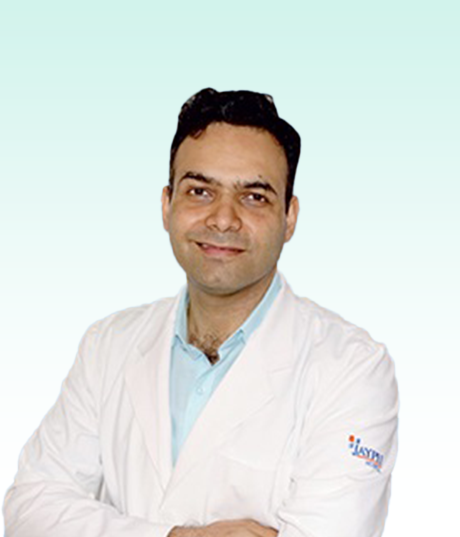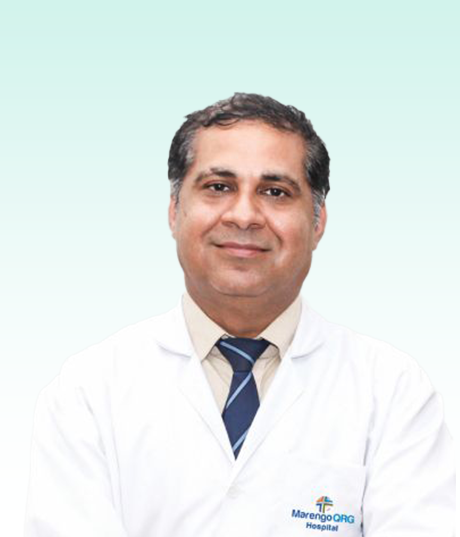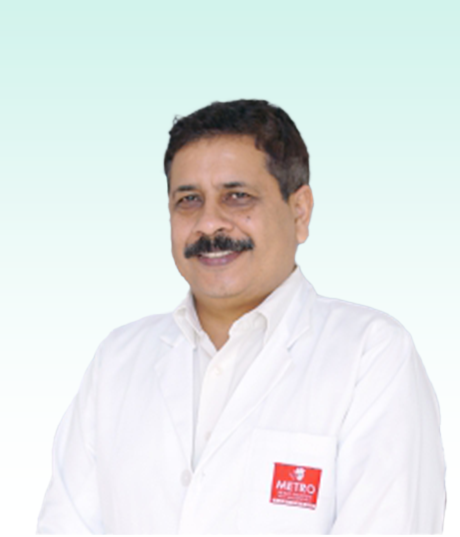Simple Brain Tumor/ Craniotomy
Brain tumor is the uncontrolled growth of abnormal cell that increases in size causing damage to the normal brain cells and can be life-threating. Simple Brain tumor starts inside the brain or tissues close to itself such as brain covering membranes (meninges), cranial nerves, pitutary gland or pineal gland also called as Primary tumor.

Who Needs Simple Brain Tumor/ Craniotomy
Individuals who have been diagnosed with a non-cancerous brain tumor or those experiencing symptoms such as persistent headaches, seizures, neurological deficits, or increased intracranial pressure may require a simple brain tumor craniotomy. The decision for surgery is made after careful evaluation by a neurosurgeon based on the tumor size, location, symptoms, and overall health of the patient.
When to See a Specialist
It is important to consult a neurosurgeon or a specialist in brain tumor management if you are experiencing persistent or worsening symptoms suggestive of a brain tumor. These symptoms may include severe headaches, seizures, vision changes, cognitive impairments, or changes in personality. The specialist will evaluate your condition, conduct imaging studies, and recommend further treatment, including a craniotomy if necessary.
Procedure
- Pre-operative Preparation: The patient is prepared for surgery, which may involve fasting, discontinuation of certain medications, and general medical evaluations.
- Anesthesia: The patient is administered general anesthesia to ensure unconsciousness and pain control during the procedure.
- Positioning: The patient’s head is positioned and secured in a way that provides optimal access to the tumor while ensuring patient safety.
- Creating an Incision: A surgical incision is made on the scalp, usually over the area where the tumor is located.
- Opening the Skull: A small portion of the skull is carefully removed using specialized surgical tools to expose the brain and provide access to the tumor.
- Tumor Removal: The neurosurgeon identifies and removes the tumor, taking care to preserve healthy brain tissue and minimize damage to surrounding structures.
- Closing the Incision: The removed bone flap is repositioned and secured using small plates, screws, or other fixation devices. The scalp incision is closed with sutures or staples.
- Post-operative Care: The patient is closely monitored in the intensive care unit or a specialized neurosurgical ward. Pain management, infection prevention measures, and rehabilitation are initiated as necessary.
Road to Recovery
Recovery from a simple brain tumor craniotomy varies depending on the individual and the extent of the procedure. Hospitalization may range from a few days to a week or longer. After discharge, patients will need to follow post-operative instructions, which may include restrictions on activities, medication regimens, and regular follow-up visits. Rehabilitation and physical therapy may be recommended to aid in recovery.
Risk Management
Craniotomy for a simple brain tumor carries inherent risks associated with any surgical procedure, including bleeding, infection, blood clots, brain swelling, and damage to surrounding brain structures. The risks are carefully managed by the surgical team, and pre-operative evaluations help identify and minimize potential complications.
Benefits of Simple Brain Tumor/ Craniotomy
The primary benefit of a simple brain tumor craniotomy is the removal of the tumor, which can alleviate symptoms, reduce pressure on the brain, and potentially improve the patient’s quality of life. In some cases, complete removal of the tumor can provide a long-term cure.
Frequently Asked Questions
How long does a craniotomy procedure take?
The duration of a craniotomy procedure can vary depending on the complexity of the tumor and the surgical approach. It can range from a few hours to several hours.
Will I wake up during the craniotomy surgery?
No, craniotomy is performed under general anesthesia, which means you will be unconscious and not feel any pain or be aware during the procedure.
Will I have a visible scar after a craniotomy?
Yes, a craniotomy incision is typically made on the scalp, and although efforts are made to minimize scarring, a visible scar may remain. The scar’s visibility can vary depending on the incision location and individual healing factors.
How soon can I resume normal activities after a craniotomy?
The recovery period varies for each individual, but it may take several weeks to months to resume normal activities, depending on the extent of the surgery and the individual’s overall health. It is important to follow your surgeon’s instructions for a safe and successful recovery.
Treatment Plans
- Trauma & intensive care $59
- Aged Care $29
- Community Services $25
- Diagnosis & Investigation $48
- Medical & Surgical $82
- Mental Health $74
- Rehabitation $24
- Specialised Support Service $19
- Trauma & intensive care $59
- Aged Care $29
- Community Services $25
- Diagnosis & Investigation $48
- Medical & Surgical $82
- Mental Health $74
- Rehabitation $24
- Specialised Support Service $19
Treatians As The Best Choice
Treatians understand that seeking medical treatment abroad can be a daunting experience for patients and their families. That’s why the company offers end-to-end support to its clients, from the initial consultation to post-treatment care. The company provides personalized treatment plans that are tailored to meet the individual needs of each patient, and its team of dedicated professionals is always on hand to provide guidance and support throughout the entire process. Contact us at +91- 7982312582, drop your email [email protected]
- Trauma & intensive care
- Aged Care
- Community Services
- Diagnosis & Investigation
- Medical & Surgical
- Mental Health
- Rehabitation
- Specialised Support Service
Service Recipient Says


















We travelled from Saudi to Malay to get treatment and that is when we were told about Treatians, the team is brilliant and talented.
Tara Usuf Malaysia